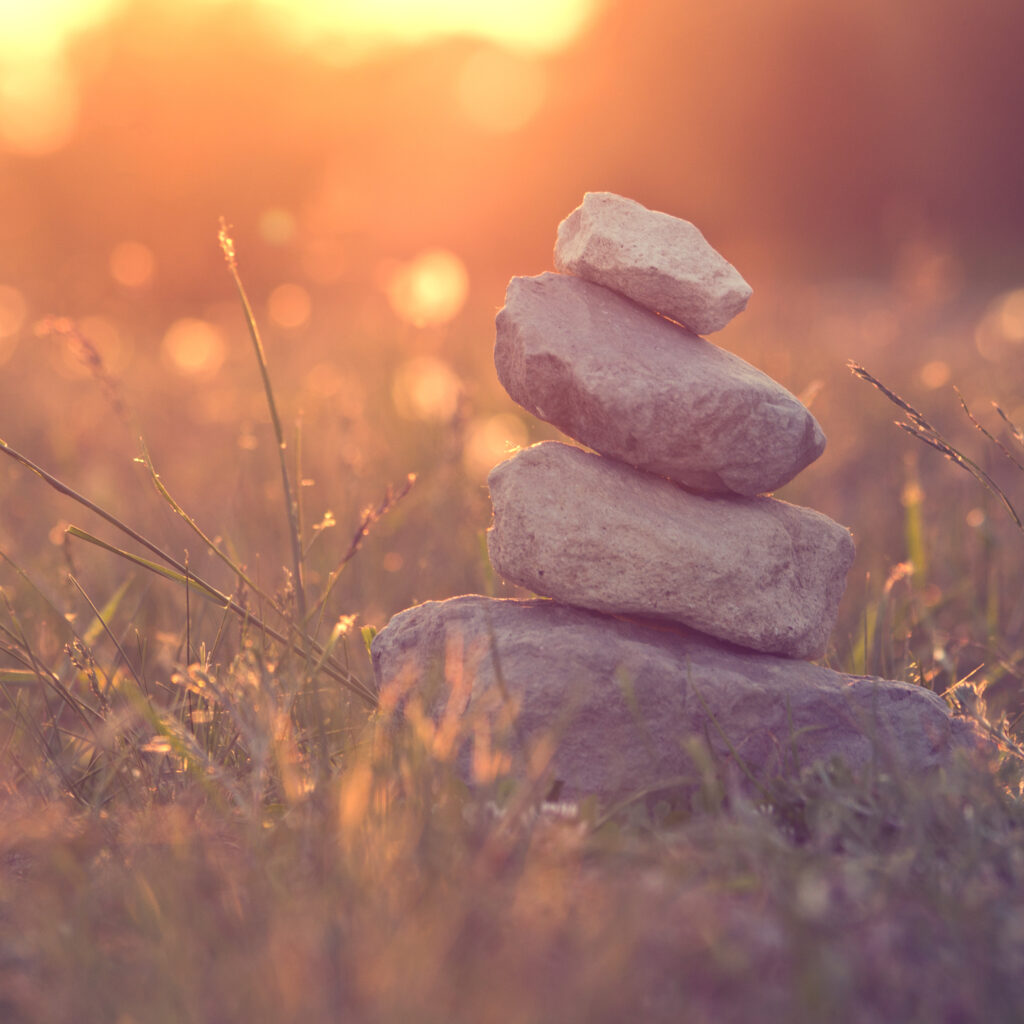Mindfulness is a practice that involves being present and fully engaged in the current moment, without judgment or distraction. It’s about paying attention to your thoughts, feelings, bodily sensations, and surroundings, and accepting them as they are. Mindfulness has become increasingly popular over the past few years, with many people recognizing its benefits for mental health, stress reduction, and overall well-being. If you’re new to mindfulness, here’s everything you need to know to get started.
What Is Mindfulness?
Mindfulness is often described as “paying attention on purpose.” It’s not just about sitting still and clearing your mind (although that can be part of it). Instead, it’s about cultivating awareness and acceptance of what’s happening right now, both inside and outside yourself. This might involve focusing on your breath, observing your thoughts without judging them, or simply taking notice of your physical surroundings. The goal is to be fully present and engaged in each moment, rather than constantly rushing through life on autopilot.
The Benefits of Practicing Mindfulness
There are countless reasons why so many people have turned to mindfulness as a way to improve their lives. Here are some of the most common benefits:
Reduced stress and anxiety: By learning to observe your thoughts and emotions without getting caught up in them, you can reduce the amount of stress and anxiety you experience.
Improved focus and concentration: Regular mindfulness practice can help train your brain to stay focused and avoid distractions.
Increased self-awareness: By tuning into your own thoughts and feelings, you can gain insights into how you operate and make changes if necessary.
Better sleep: Many people find that regular mindfulness practice helps them fall asleep faster and wake up feeling more refreshed.
How to Start a Mindfulness Practice
If you’re brand new to mindfulness, starting a daily practice can seem daunting. But don’t worry – there are plenty of resources available to guide you through the process. Here are some tips to get you started:
1. Set aside time in your schedule: Even just 5-10 minutes per day can be enough to start building a habit. Try setting an alarm on your phone to remind you when it’s time to practice.
2. Find a quiet space: You may want to sit cross-legged on the floor with your eyes closed, but really any comfortable spot will do. Just make sure it’s somewhere where you won’t be interrupted.
3. Choose a meditation technique: There are many different types of mindfulness meditations out there, from body scans to loving kindness practices. Experiment with different techniques until you find one that resonates with you.
4. Be gentle with yourself: Remember, this isn’t about achieving anything or becoming perfect. It’s okay if your mind wanders during your practice, or if you feel restless or uncomfortable at times. Simply acknowledge those experiences and come back to the present moment.
Common Misconceptions About Mindfulness
Despite its growing popularity, there are still many misconceptions about mindfulness floating around. Here are a few things to keep in mind:
Mindfulness is not a religion: While some forms of mindfulness draw on Buddhist teachings, it’s not a religious practice. Anyone can benefit from practicing mindfulness regardless of their belief system.
Mindfulness doesn’t mean suppressing your thoughts: Some people think that mindfulness means never having negative thoughts or emotions. That’s not true! Instead, it’s about acknowledging those thoughts and feelings without letting them take over.
Mindfulness takes effort: While it may sound like relaxation, mindfulness actually requires quite a bit of effort. You have to actively choose to tune into the present moment and ignore distractions.
Resources for Further Learning
If you’re interested in diving deeper into mindfulness, there are tons of great resources out there. Here are a few we recommend checking out:
Headspace app: This guided meditation app offers free and paid options for beginners.
Jon Kabat-Zinn’s books: The founder of MBSR (mindfulness-based stress reduction), Kabat-Zinn has written several excellent books on mindfulness.
Insight Timer app: This free app provides access to thousands of guided meditations by various teachers.
Remember, mindfulness is a journey, not a destination. Keep exploring and experimenting until you find what works best for you.

